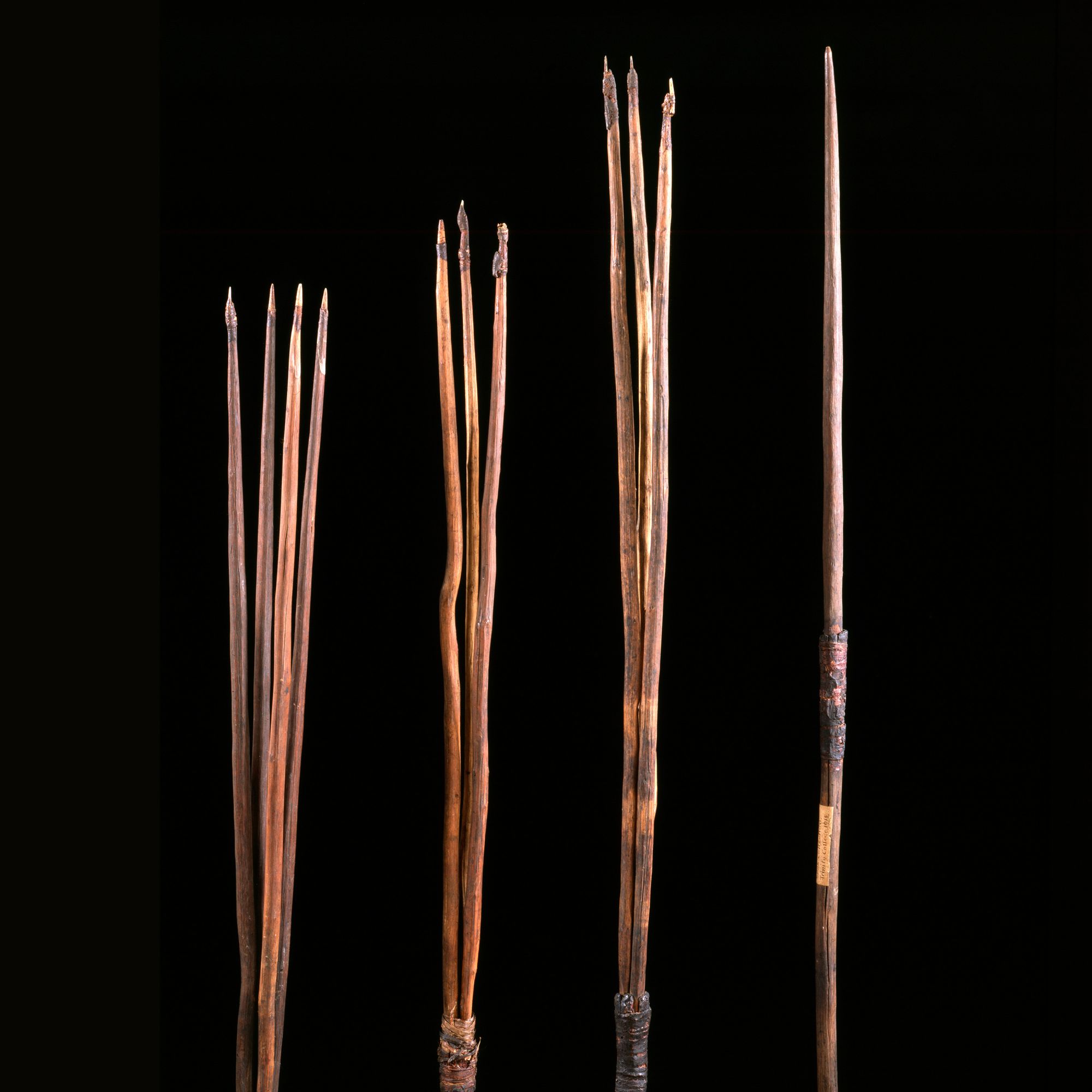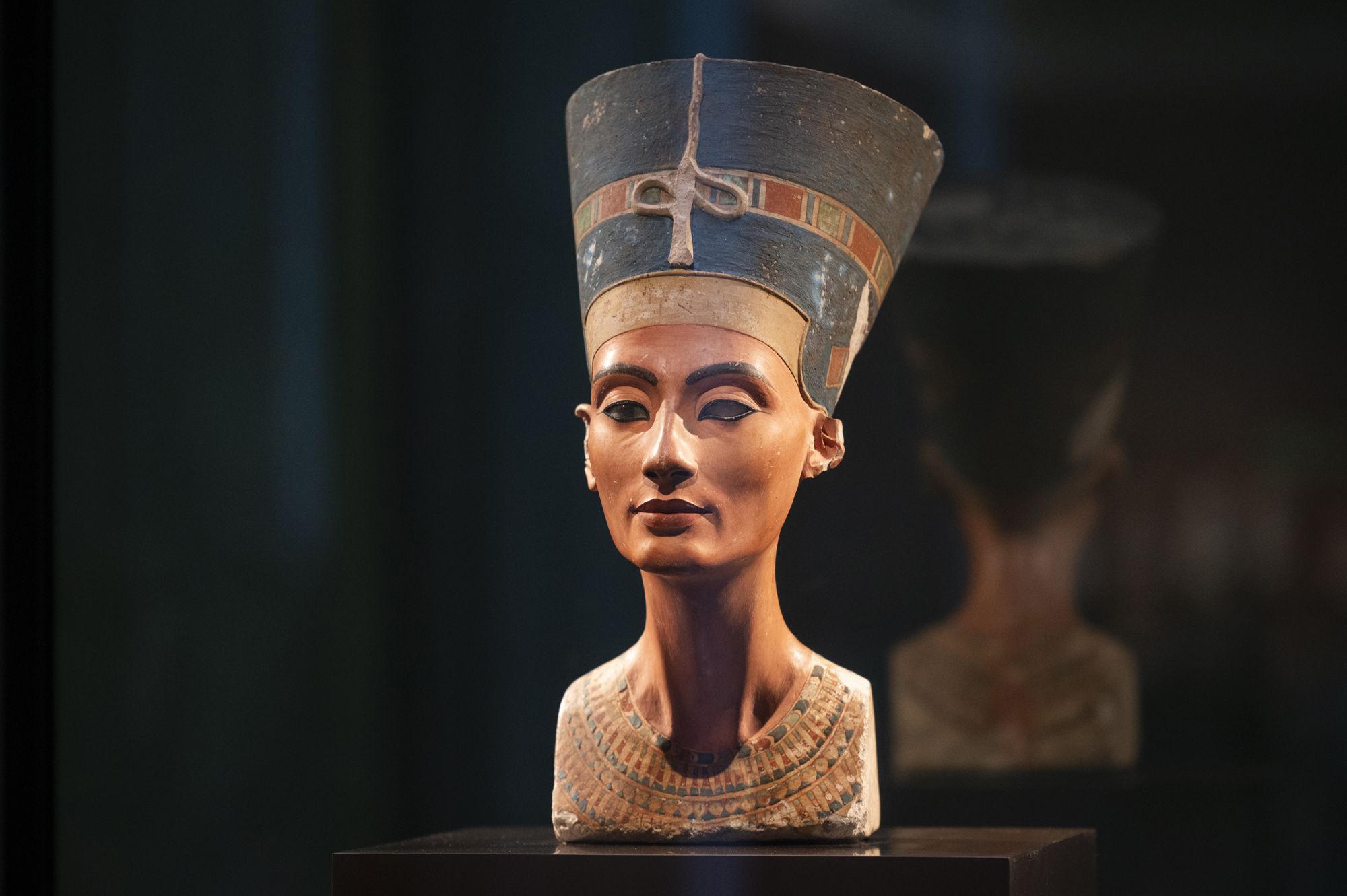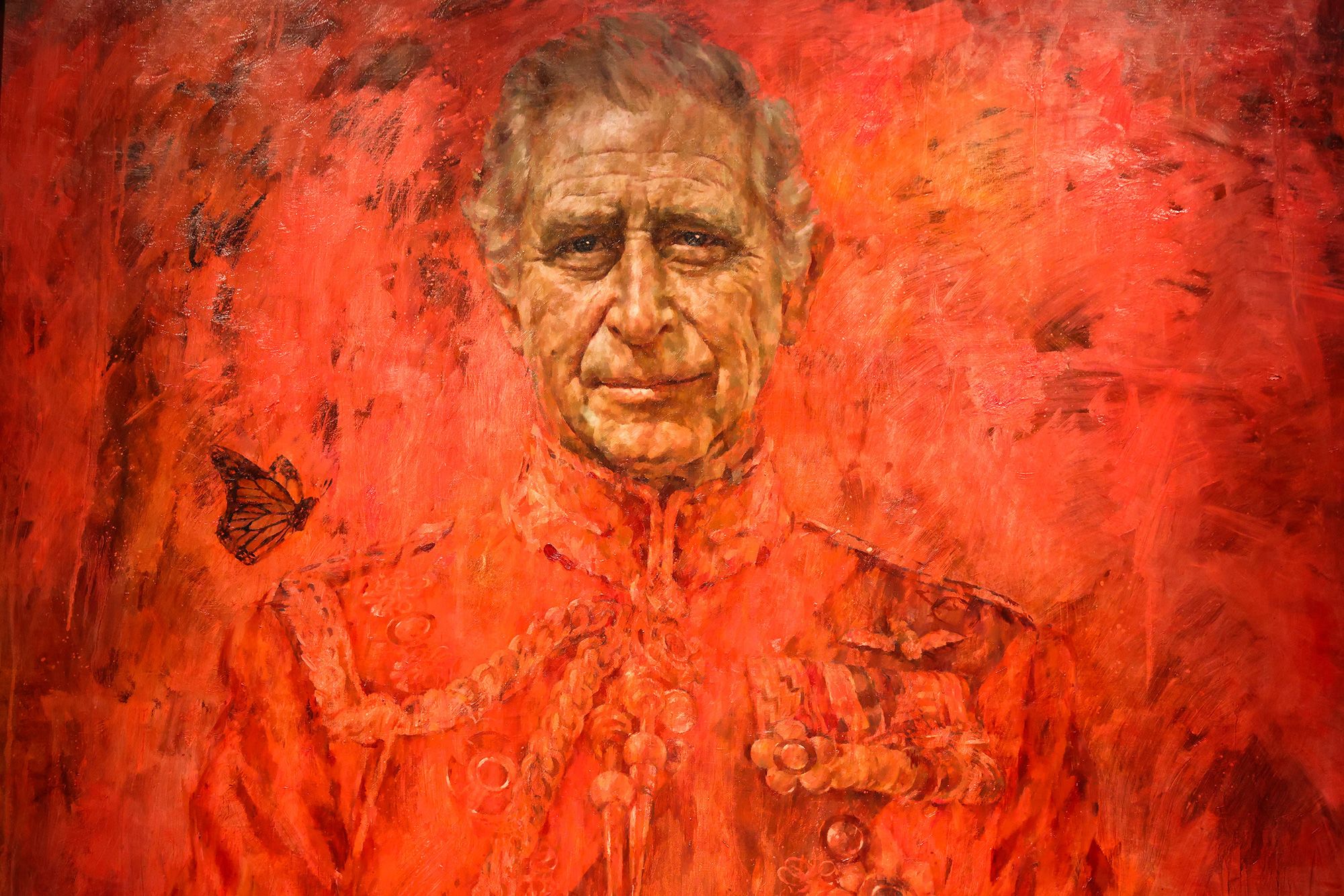
Aboriginal spears returned to Australia after 250 years in ‘momentous occasion’
SMM ALIPAYUS Apr 23, 2024 Style
A British university has given back four spears taken more than 250 years ago from an aboriginal community in Australia by explorer Captain James Cook.
Trinity College Cambridge permanently repatriated the spears to the La Perouse Aboriginal Community at a ceremony Tuesday, according to a joint statement from the college and the Australian Institute of Aboriginal and Torres Strait Islander Studies (AIATSIS), which supported the move.
The four spears are the last remaining examples from a collection of 40 which Cook’s records show his expedition took from the Gweagal people living at Kamay on April 29, 1770.
“The spears were pretty much the first point of European contact, particularly British contact with Aboriginal Australia,” said Ray Ingrey, director of the Gujaga Foundation, a research organization working in the La Perouse community, in the statement.
“I think for us it’s a momentous occasion that where Australia’s history began, in 1770 on the shores of Botany Bay at Kurnell, the spears that were undoubtedly taken without permission are returned to the rightful people.”
Cook traveled to Australia and New Zealand on the HMS Endeavour, marking the first known European contact with eastern Australia.
The resulting British colonization of Australia resulted in the introduction of foreign diseases, displacement, and massacres against the aboriginal people.
The spears were given to Trinity College in 1771 and have been held in the Museum of Archaeology and Anthropology (MAA) in Cambridge since the early 20th century.
Some members of the La Perouse Aboriginal Community are direct descendants of those who crafted the spears, according to the statement.
“They are an important connection to our past, our traditions, and cultural practices, and to our ancestors,” said Noeleen Timbery, chair of the La Perouse Local Aboriginal Land Council, in the statement.
“Our Elders have worked for many years to see their ownership transferred to the traditional owners of Botany Bay.”
The college agreed to return the spears in March 2023 after loaning them to museums in Australia in 2015 and 2020.
Related article Wreckage of Captain Cook’s HMS Endeavour discovered
“This is an important day at Trinity for all parties involved in what has been a rewarding and respectful process, and ultimately a remarkable journey,” said Sally Davies, master of Trinity, in the statement.
“This is the right decision and Trinity is committed to reviewing the complex legacies of the British empire, not least in our collections.”
The spears will be displayed at a new visitor center which is going to be constructed at Kurnel, Kamay.
Cambridge’s decision to return the spears to the La Perouse community echoes recent decisions taken by other universities and cultural institutions to return artistic and cultural artifacts that were stolen or looted.
Decades of campaigning by Indigenous activists has put pressure on museums to reconsider the provenance of collections and grapple with the cultural legacy of colonialism.




